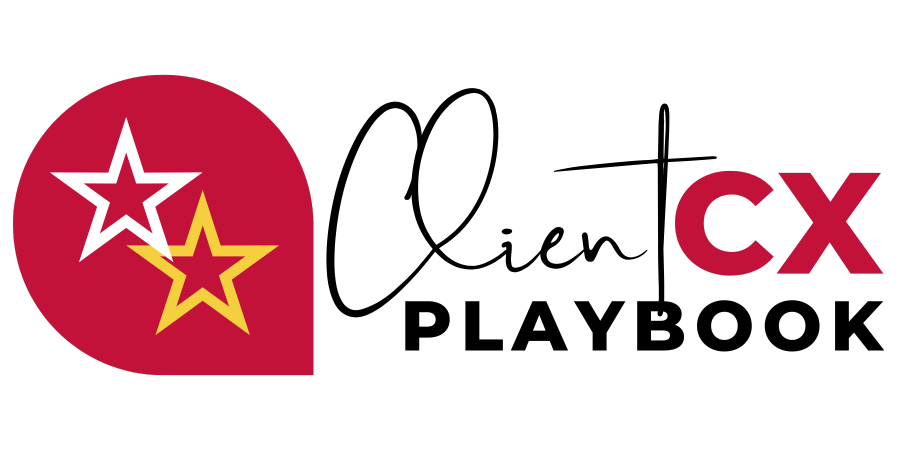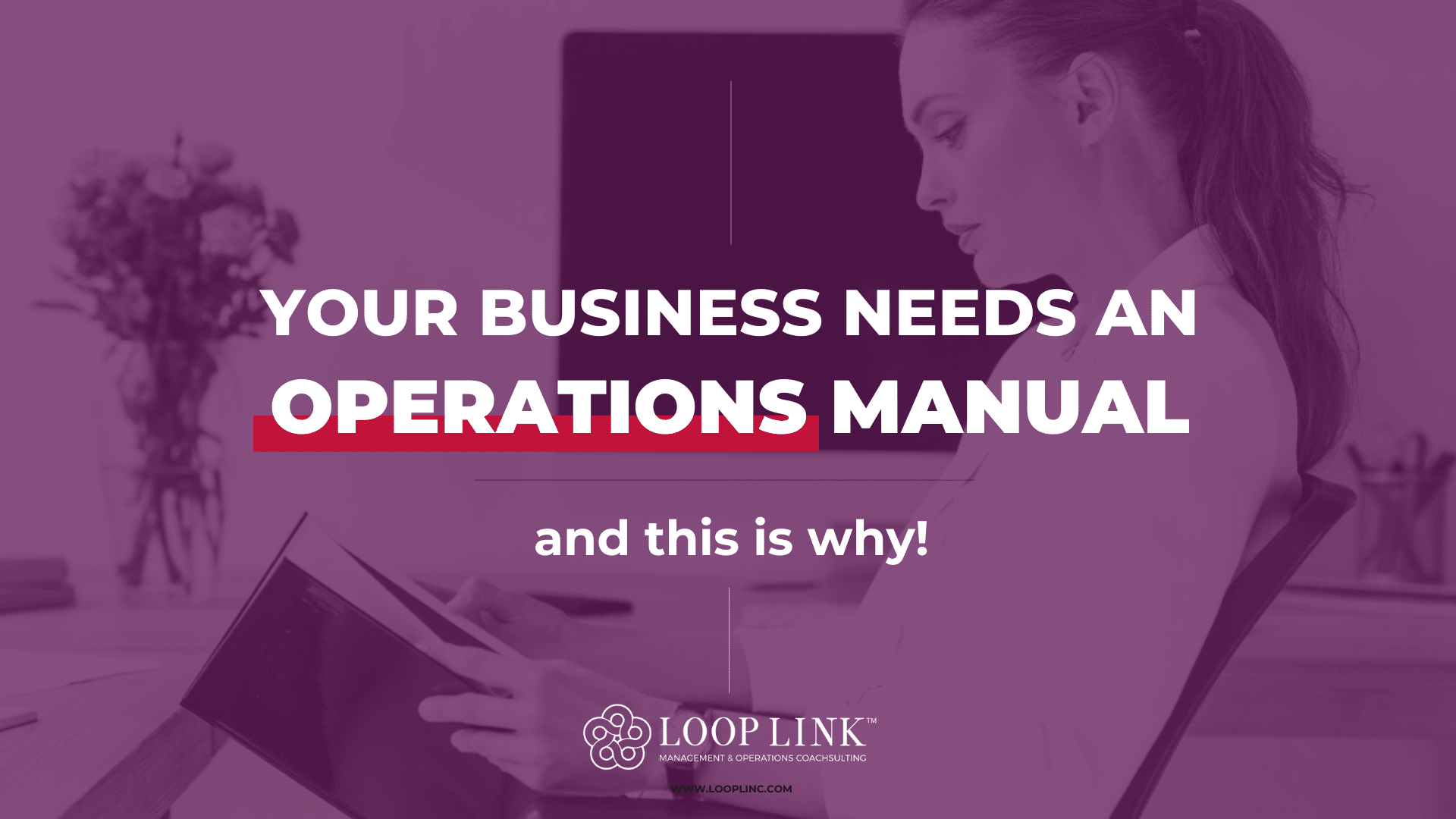If you’ve been struggling to keep up with your business, it might be your systems that are slowing you down. When you spend all your time-fighting fires and filling holes in areas of your business you thought were concrete, your time isn’t being used efficiently. That’s a sign that your business is ready for better systems.
Proper systems help you manage your time and act as a buffer when there’s a crisis, so your business keeps operating smoothly no matter what happens.
Information management systems are all about tactical strategy; they set you up for success in the long-term, and keep you prepared for anything. This is crucial for excellent business management. The unfortunate side effect of a business operating reactively instead of proactively is that customer service is often the first casualty. Customer services can’t be patched up after the fact, so you need to anticipate and navigate through problems before they arise. Otherwise, you’ll start to notice resounding blows to your bottom line – not to mention your reputation.

Getting on top of things doesn’t necessarily mean working harder or longer. When you can’t keep up with the volume of work you have, it’s not because you aren’t working hard enough, but because your systems aren’t working hard enough for you. Efficiency is born of organization, and organization isn’t something you can implement on the fly.
As you become busier, you need to develop new strategies to manage your time, your clients, and your operations. When you don’t have resources – financial or human – to implement these strategies, it’s technology that will fill the gap for you, and ensure you can start spending your time where it matters again. The importance of maintaining your systems is so it can benefit your business life.
Assessing your systems and processes starts with evaluating your business model, and seeing where your time is going. You may need new solutions if:
1. Too Many Systems for Many Processes
Businesses thrive on information. To stay on top of your business, you need to keep great records so you can use that information to make decisions on the fly. The problem is that the information you need to track and manage often crosses over into different areas of your business. Software that helps you manage your bookkeeping won’t necessarily be the right solution for client management. The result of this is that you continually have to re-enter information into different programs and software.
This redundancy is overwhelmingly time-consuming and painfully manual. If you’re suffering from this problem (and most businesses are), you need to explore options for more integrated systems that will reduce the redundancy, and help you document information at a single point, instead of many.
2. Difficult Information Access
The point of storing data is to be able to access and use it to make informed business decisions, whether big or small. If you don’t have this information on hand and laid out in clear and comprehensible terms, your time spent on tracking it is mostly going to waste.
Excel is a big culprit in this arena because it tracks bite-sized information that is often difficult to tie it into a larger picture. If you have an Excel spreadsheet that is ad hoc (i.e., created for a singular purpose), you won’t be able to use it to make decisions that affect other areas of your business. Unless you’re an Excel wizard, you’re going to go cross-eyed from trying to understand what it all means for the bigger picture. The key here is to use tools and programs that provide reporting. In other work, programs that can track those bite-size, but also make them available for an entire snapshot glance, so you understand what it all boils down to, and what impacts your decision that your business is ready for better systems.
3. Tied to Your Desk
Managing your books is always time-consuming, but if you’re spending hours on end every week trying to sort through your numbers and coming up short of concrete answers about where your money is coming in and going out, it’s your system that’s bogging you down. Again, Excel spreadsheets are an extreme nuisance in this area.
Outsourced human resources (like an accountant or bookkeeper) can track information for you, but the main problem with not having your books on-hand is the delay in processing information. If you’re always waiting for your bookkeeper or accountant to assess your financial scenario and get back to you, you’ll never have the opportunity to use up-to-date information to make decisions or set goals. This is why you need to have a system in place that can tell you exactly where you stand in the present moment because it’s been processed into a comprehensible report. You’ll also want a program that tracks your proposals and estimates because knowing where you stand with your leads is the starting point for future financial success.
4. Busy-ness by Demands
If this is a problem for you, congratulations! Getting work is not an issue, and that means you’re doing something right. Unfortunately, if you aren’t managing leads and clients correctly, you could be missing out on significant opportunities for growth, simply because your system is holding you back.
Storing client data is integral to excellent customer service, and without it, you’ll quickly develop a poor reputation for reliability and service. You shouldn’t be struggling to find that lead’s contact information, or see what your next step is on a project. Ideally, finding information should be as easy as pulling a bookmark out of a book; you should be able to pull up the information you need and see exactly where you left off, and exactly what comes next.
5. Your systems require an IT expert
Without the luxury of an in-house IT department, managing your programs and software is often a major hassle. The problem is, you aren’t an IT expert, and you don’t have the time to become one, or to spend on fixing the issues and making it all work cohesively. Your systems should not be stressing you out or wasting your time. They should act as guidelines to keep you on track.
If your systems don’t match your actual processes and workflows, you definitely need a change. A custom-crafted software is often too complicated to manage effectively, and running around from one system to another isn’t working for you, either. You need to match your processes to a more centralized software solution that’s able to cater to the different parts of your business. There are plenty of options out there, but it might take a little time and research to find one that will fit best.
Your Move: Getting ready for better systems
If you’re suffering from more than one of these red flags, it’s time to make a change to your systems. Now is the time to get on top of it, before you’re swamped and falling further behind.
Unfortunately, there isn’t a perfect system out there. Every business is so different, and every program is so different, that matching a system to your exact needs is highly unlikely. However, the best solutions will fulfill at least 80% of your processes. You’ll also need to be open to changing your internal processes to fit the system, rather than vice versa, to get the most out of the software you choose.
Researching the perfect system takes time, too. If you need help or direction with finding a software solution that’s best suited for your business and needs, come join us in our in our free community where we can support you in your transition to a system that will work harder for you, and leave you with more time for your clients.








